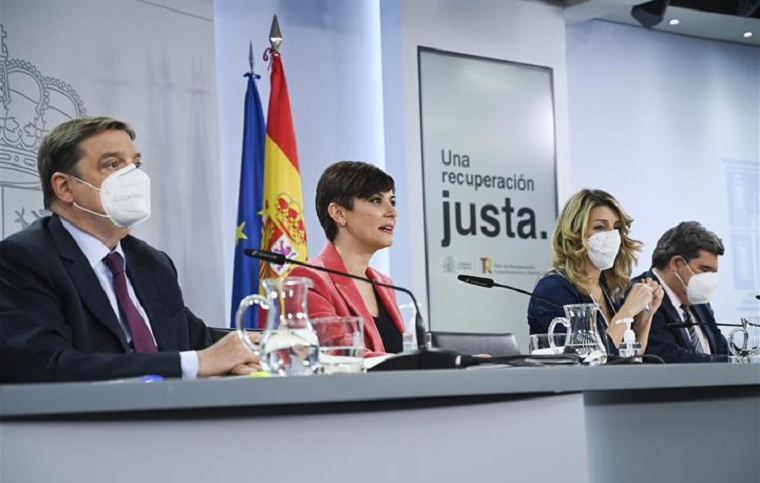The Diplomat
The Council of Ministers approved yesterday the new National Security Strategy, which includes, among other aspects, a Comprehensive Security Plan for Ceuta and Melilla and a strategy to fight against disinformation campaigns.
The text, largely agreed with the Popular Party, was submitted to the assessment of 17 experts of the civil society and to the review of the autonomic governments and obtained the favorable report of the National Security Council last November 18. Once approved by the Council of Ministers, the Strategy will be presented to the Spanish Parliament.
The Strategy currently in force is from 2017 and the National Security Law establishes its renewal every five years. However, the Government has decided to bring forward the approval of the new Strategy by one year in order to adapt it “to the current context characterized by greater geopolitical competition and a socioeconomic environment marked by the consequences of COVID, as well as by the acceleration of the transformation caused by technology and the ecological transition”.
The document – drafted by the Department of National Security, the body that advises the President of the Government, Pedro Sánchez, on this matter and which is headed by General Miguel Ángel Ballesteros – aims to “advance in crisis management, favor the security of technological capabilities and strategic sectors and develop preventive, detection and response capabilities in the face of hybrid threats,” he continued.
Among the new actions, the modernization of the epidemiological surveillance system, the development of a Comprehensive Security Plan for Ceuta and Melilla, the elaboration (for the first time) of a National Strategy to fight against disinformation campaigns, the creation of a Spanish Space Agency with a component dedicated to National Security or the incorporation of the Sustainable Development Goals (SDGs) stand out, according to the spokesperson of the Executive, Isabel Rodríguez, during the press conference after the Council of Ministers.
The new measures for Ceuta and Melilla respond, without expressly mentioning it, to the crisis that took place last May with the irregular entry of around 10,000 immigrants into Ceuta, in the face of the inaction and even the complicity of the Moroccan authorities in the midst of the diplomatic crisis between Madrid and Rabat for the allegedly irregular entry into Spain of the leader of the Polisario Front, Brahim Ghali. The objective of the Integral Plan is to protect the two Autonomous Cities from possible hybrid threats coming from Morocco, although without mentioning this country.






